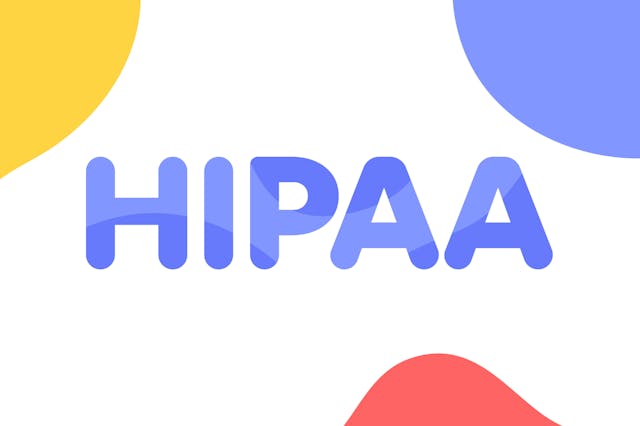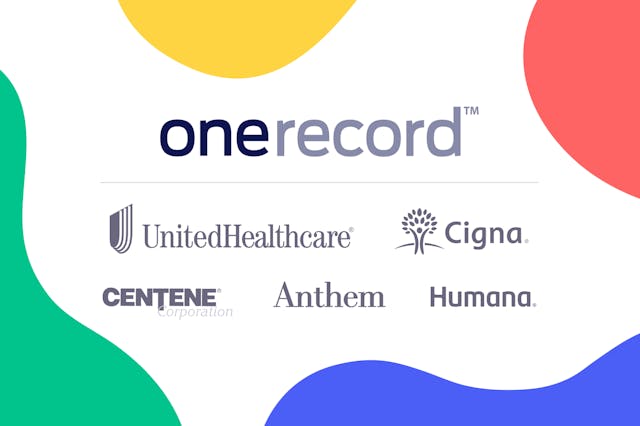
What is HIPAA? And what does HIPAA do?

Unless you work in close proximity to the healthcare industry you may have only heard about HIPAA in hospital TV shows or at your annual doctor’s visit. HIPAA, or the Health Insurance Portability and Accountability Act of 1996, is a law in the United States designed to protect patients and their health information as our healthcare systems continue to modernize. There are four major protections that HIPAA is designed to provide and we’re here to quickly break them down for you.
Portability of Insurance
As its Latin root, port, implies, the portability of insurance refers to carrying insurance from one place to another, or from one person to another. Basically what this means is that health insurance is set up in a way so that if there is a change in your employment, home address, family status, or health status it will have the least possible negative impact on your insurance coverage as it transfers. This part of the law makes it easier for people who have group insurance coverage to remain covered when they change jobs or add family members to the coverage. More people are able to "carry" the coverage in the case of marriage, childbirth, adoption, or other family status changes.
Protection and Privacy of Healthcare Information
If you have heard about HIPAA protections before, you most likely heard it as it relates to privacy. This protection is designed to keep your private health information, well, private. This ensures that your healthcare providers are not disclosing your health information without your knowledge or consent. This protection is commonly referred to as the HIPAA Privacy Rule.
Standardization and Efficiency in Healthcare Data
As the world modernizes, the medical world does too. HIPAA was created primarily to adjust to the quick-changing landscape of how records are kept, shared, and used. As with most records and important documents, we have seen a shift from physical, hard copies to records being stored securely online. The HIPAA related legislation gives guidance to the proper storage and sharing of health information. If you want a safe and easy way to organize, manage, and share your medical records, download OneRecord to access all your medical records - ready whenever you may need them.
Prevention of Discrimination and Fraud
This protection establishes a system or process for how violations of HIPAA are dealt with and prevented. Systems are set up within HIPAA as a means of keeping the ecosystem of the healthcare world in good working order to keep consumers like you protected.
Remember
HIPAA is designed to protect you, your health information, and your health insurance coverage. When it comes to these factors it’s important to know what protections you have in order to have confidence navigating the healthcare system. The more you know about how the healthcare system works, the more it can work for you. Check out our other blogs for more helpful tips and tricks.


